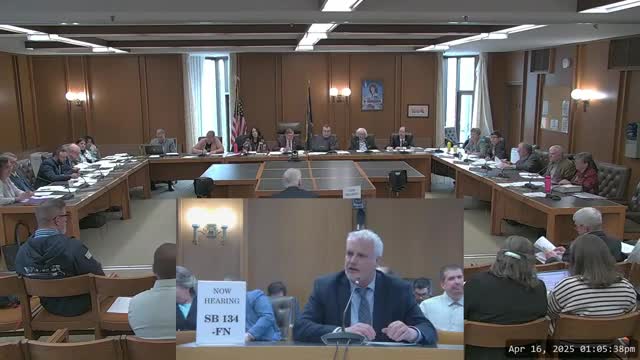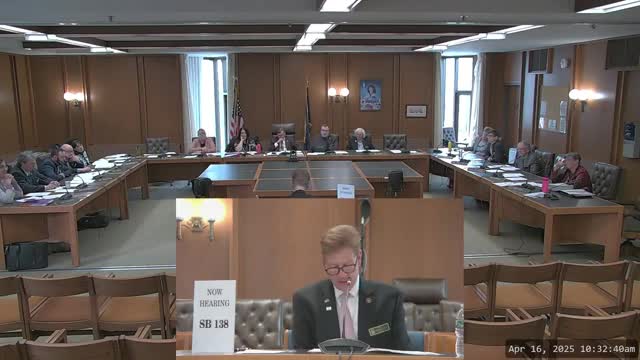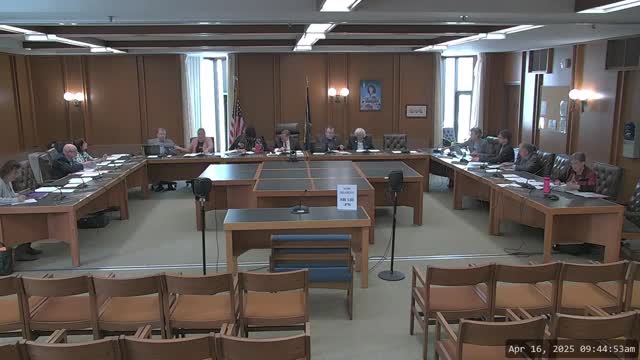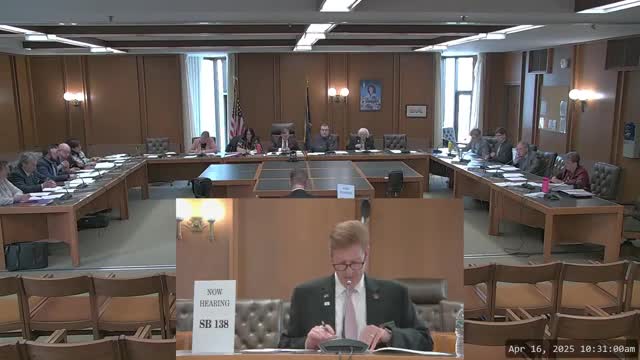Article not found
This article is no longer available. But don't worry—we've gathered other articles that discuss the same topic.

House HHS hears hours-long debate over Medicaid work-requirement bill and waiver plan

Contested amendment to allow pharmacists to dispense ivermectin without prescription draws broad opposition

Committee votes unanimously to declare ambulance providers 'essential services' in statute

Panel approves bill allowing flexible expansion of Cedar Crest pediatric intermediate care beds; amendment and final passage recorded

Committee considers reforms to New Hampshire Child Care Scholarship program to reduce paperwork and speed payments

